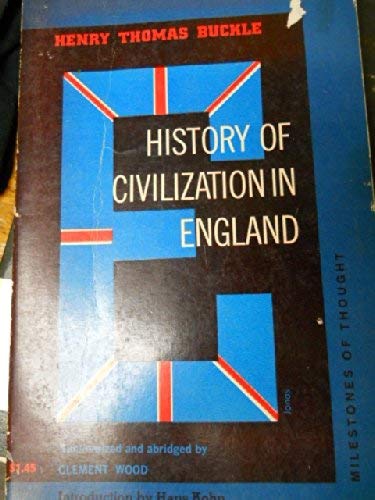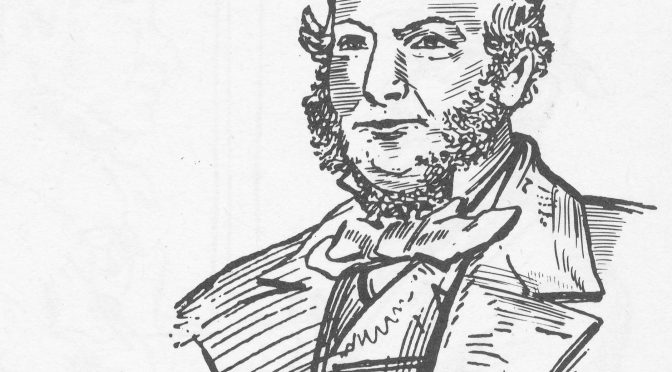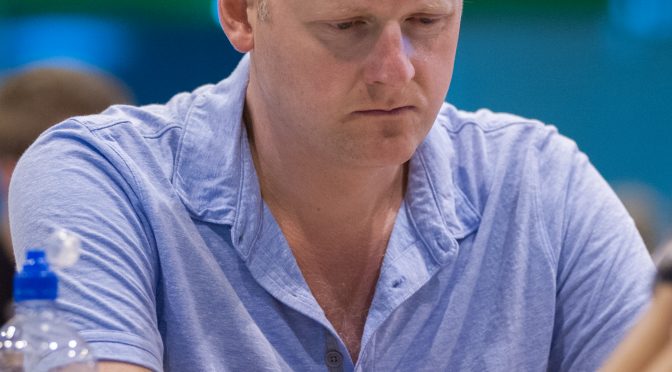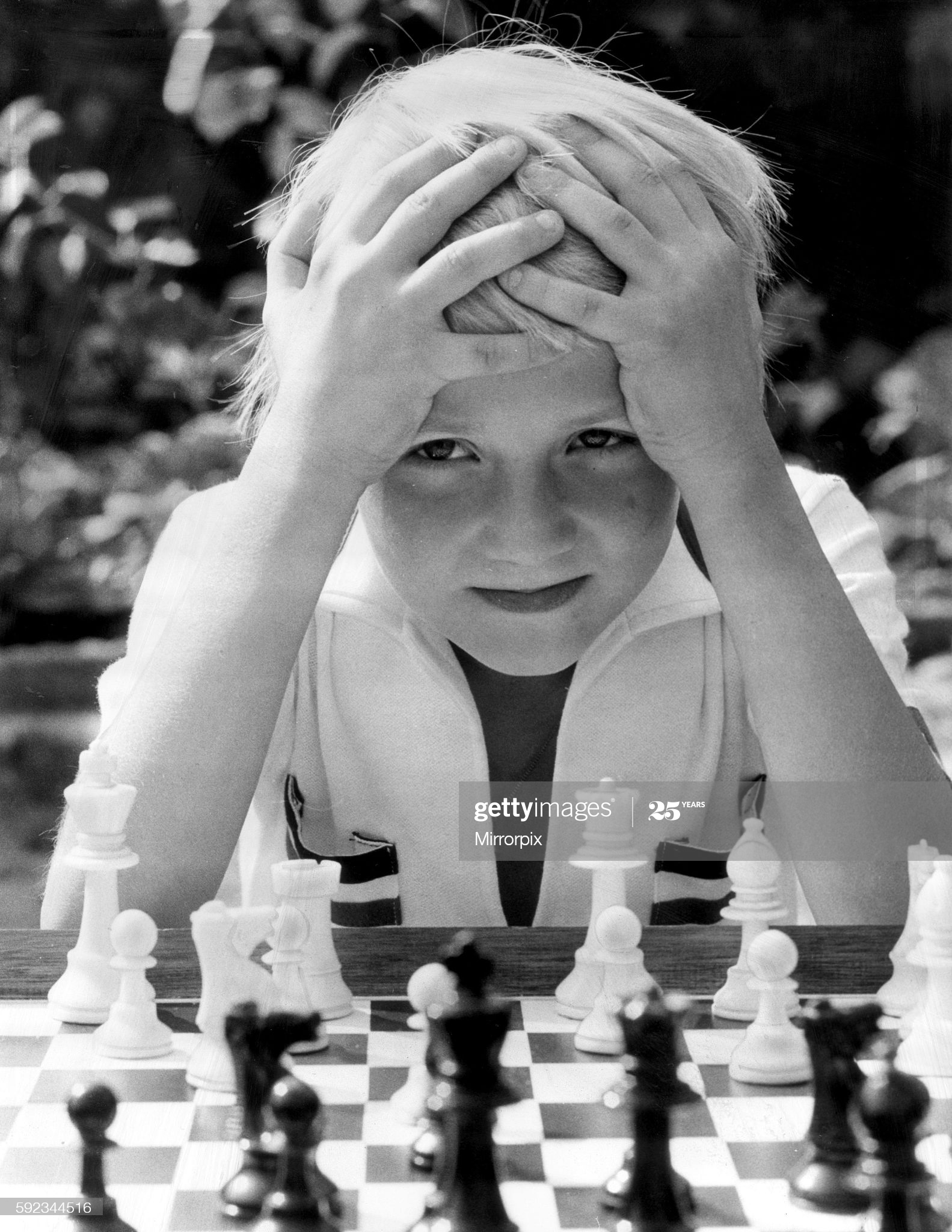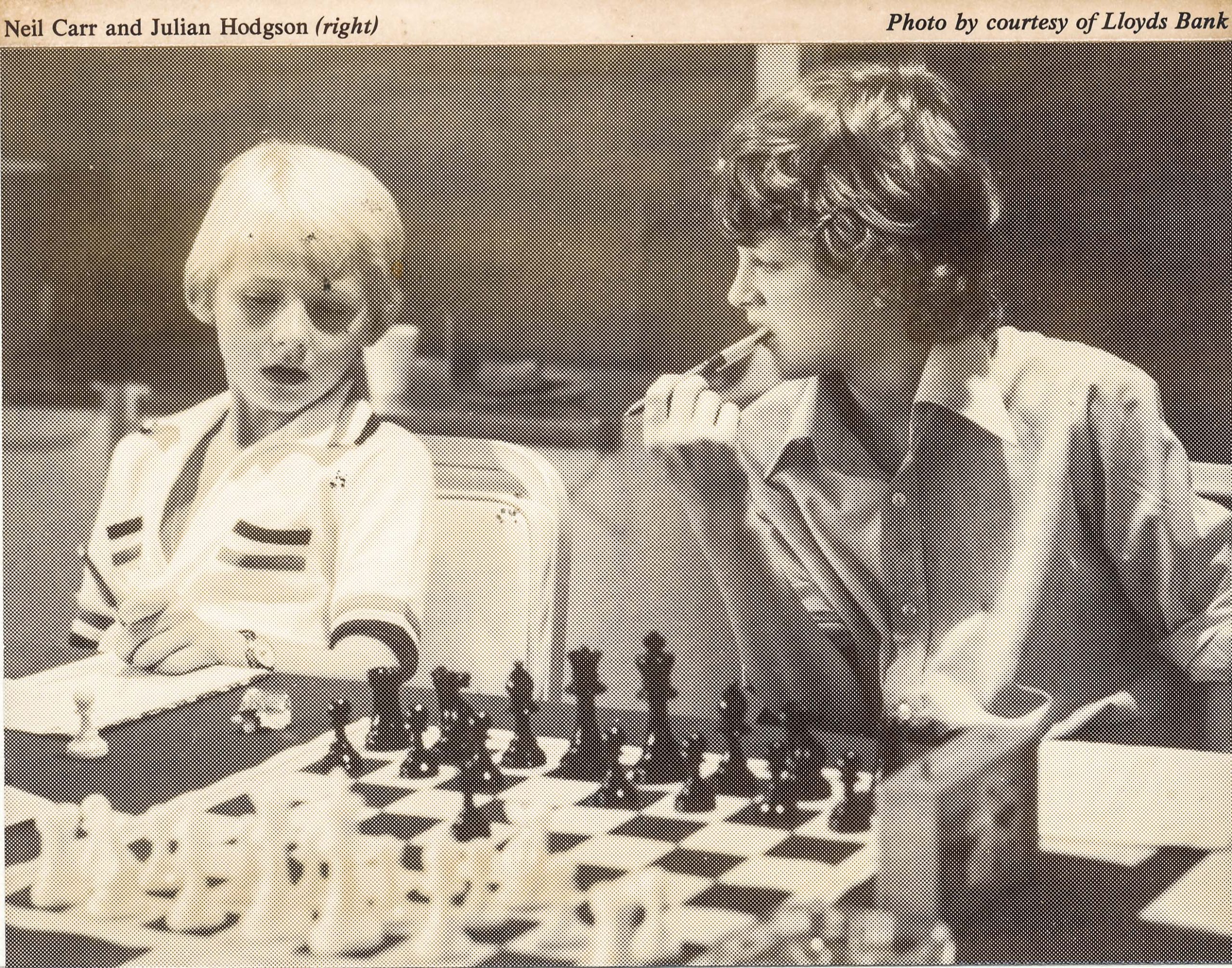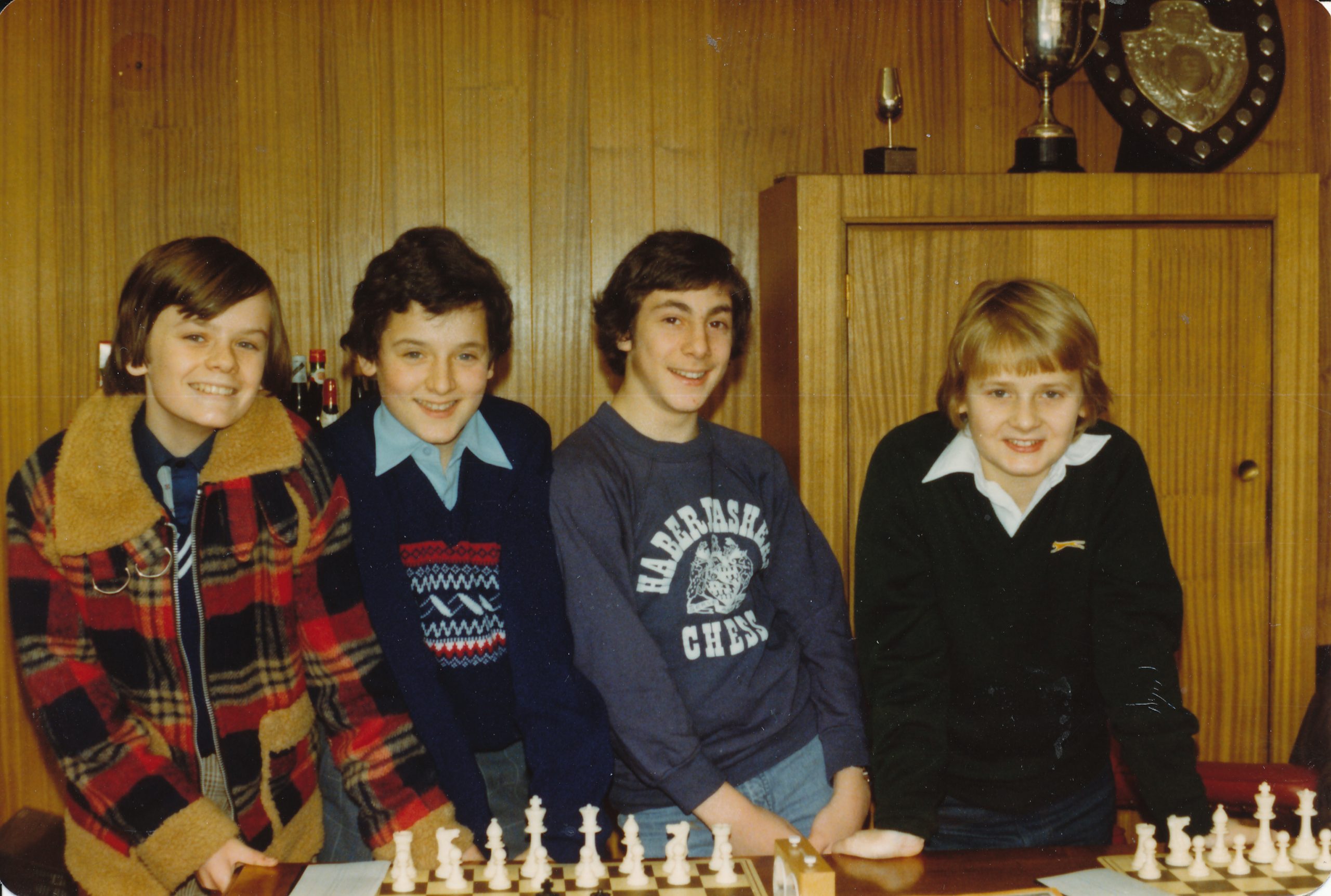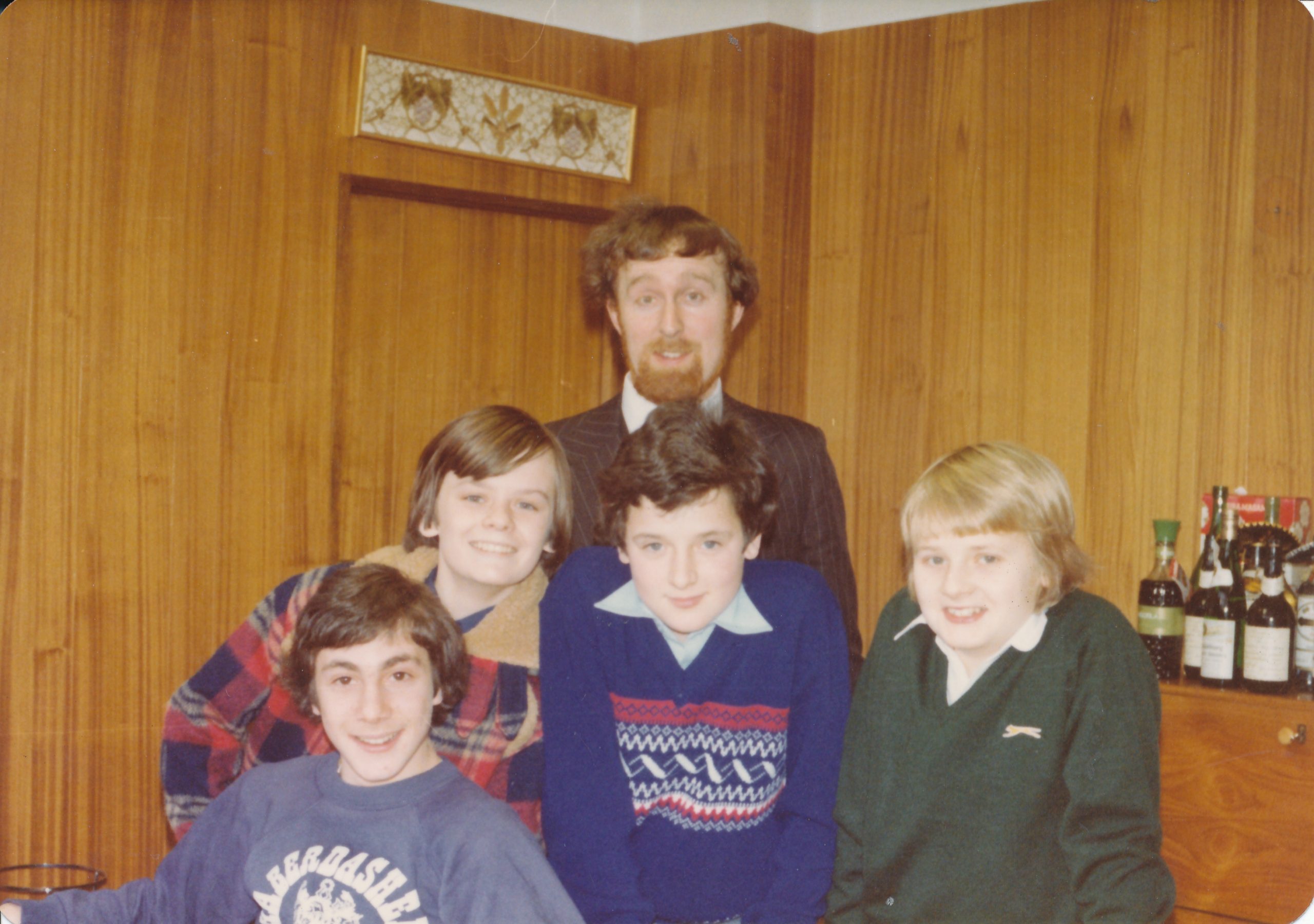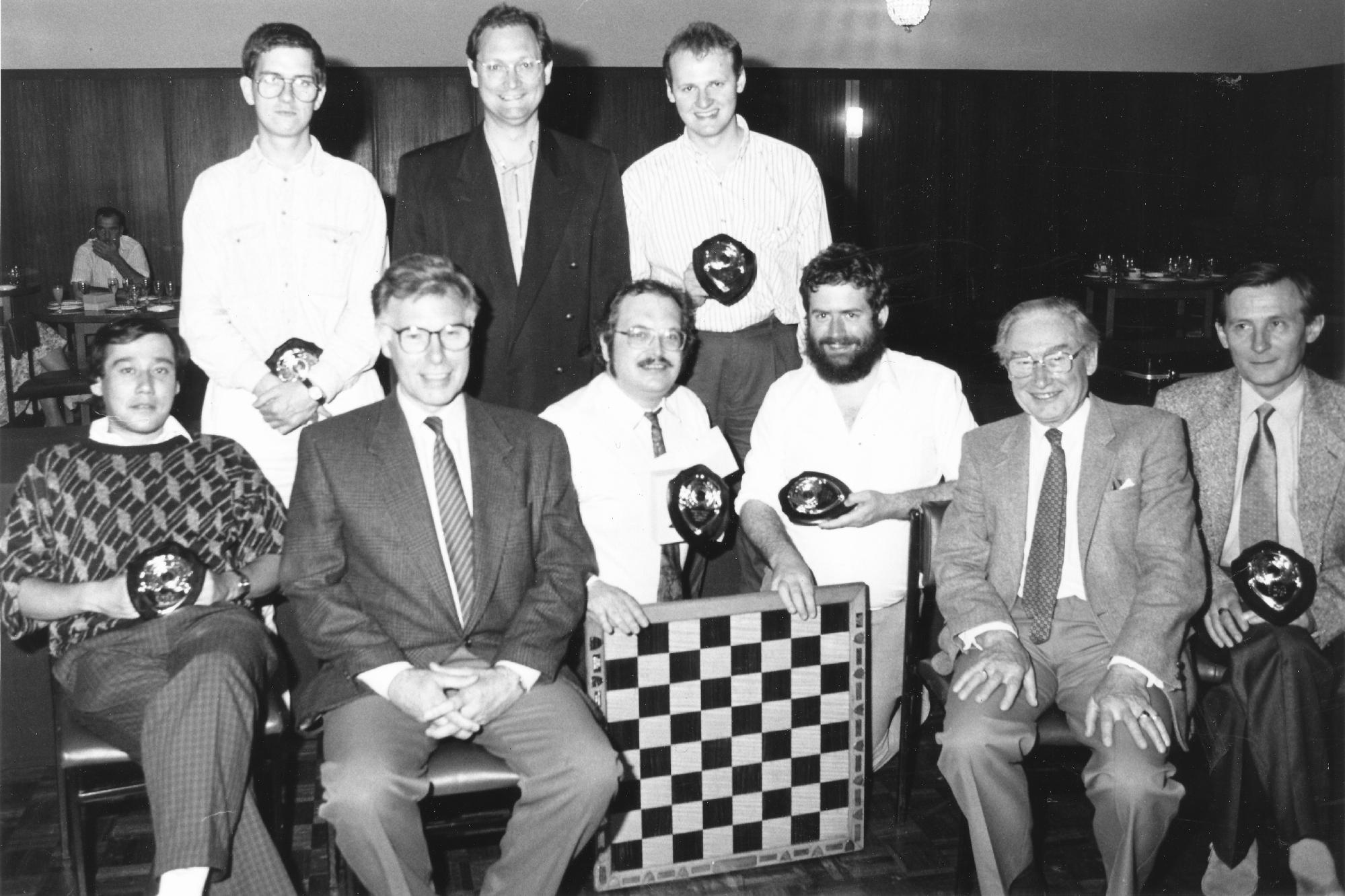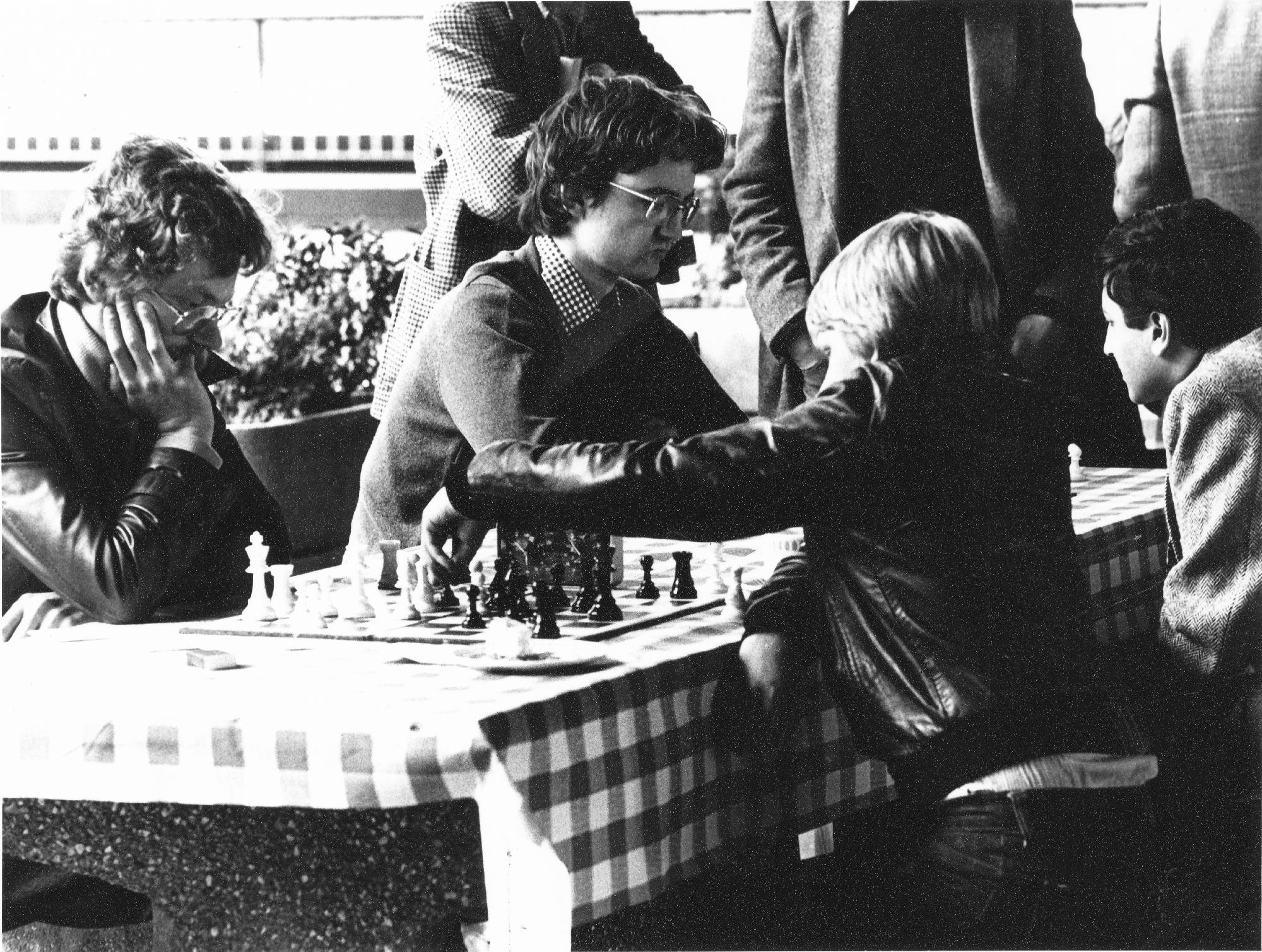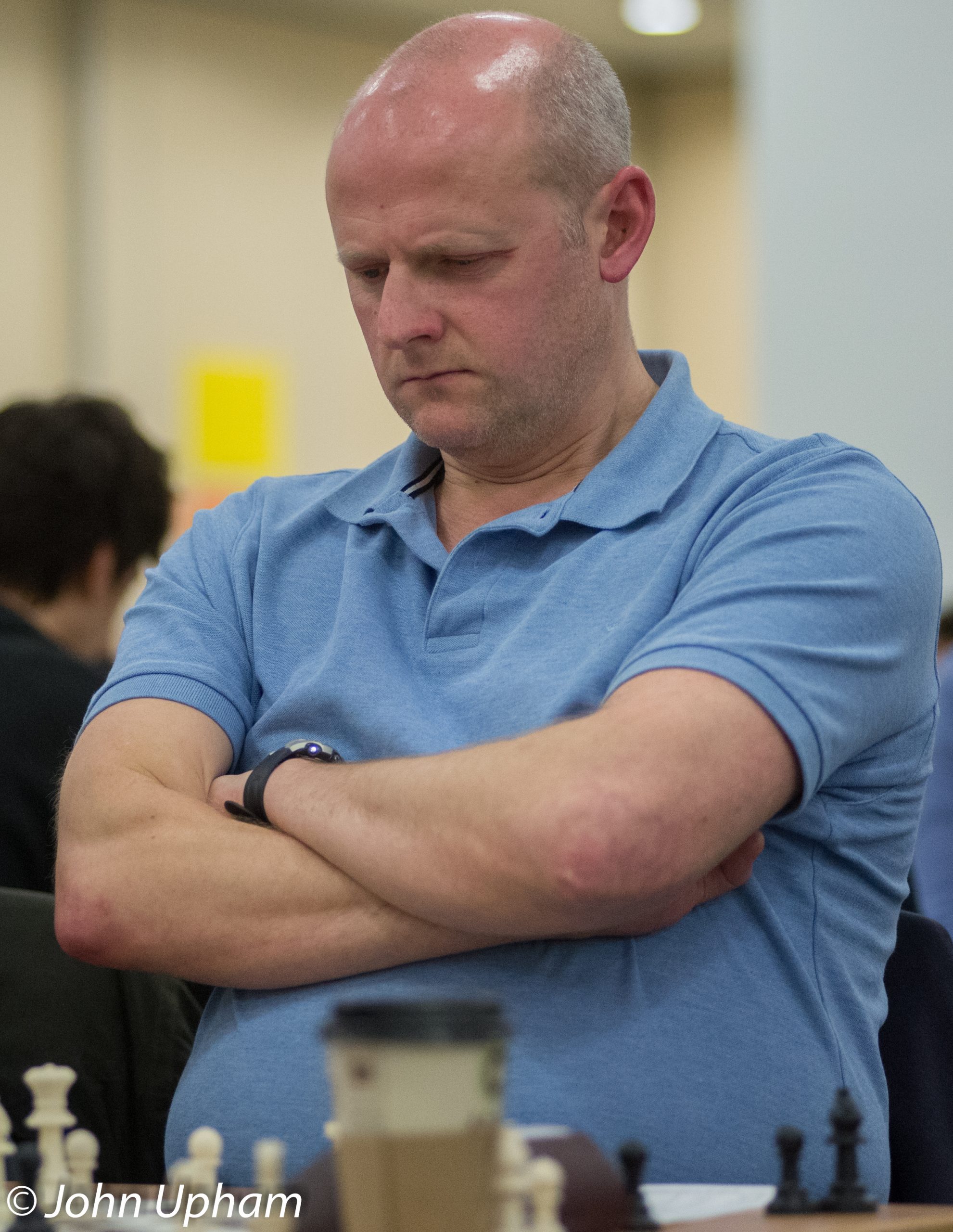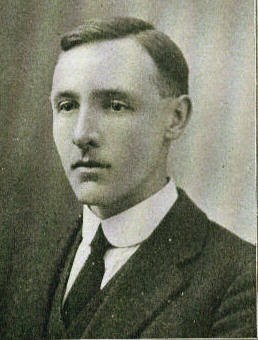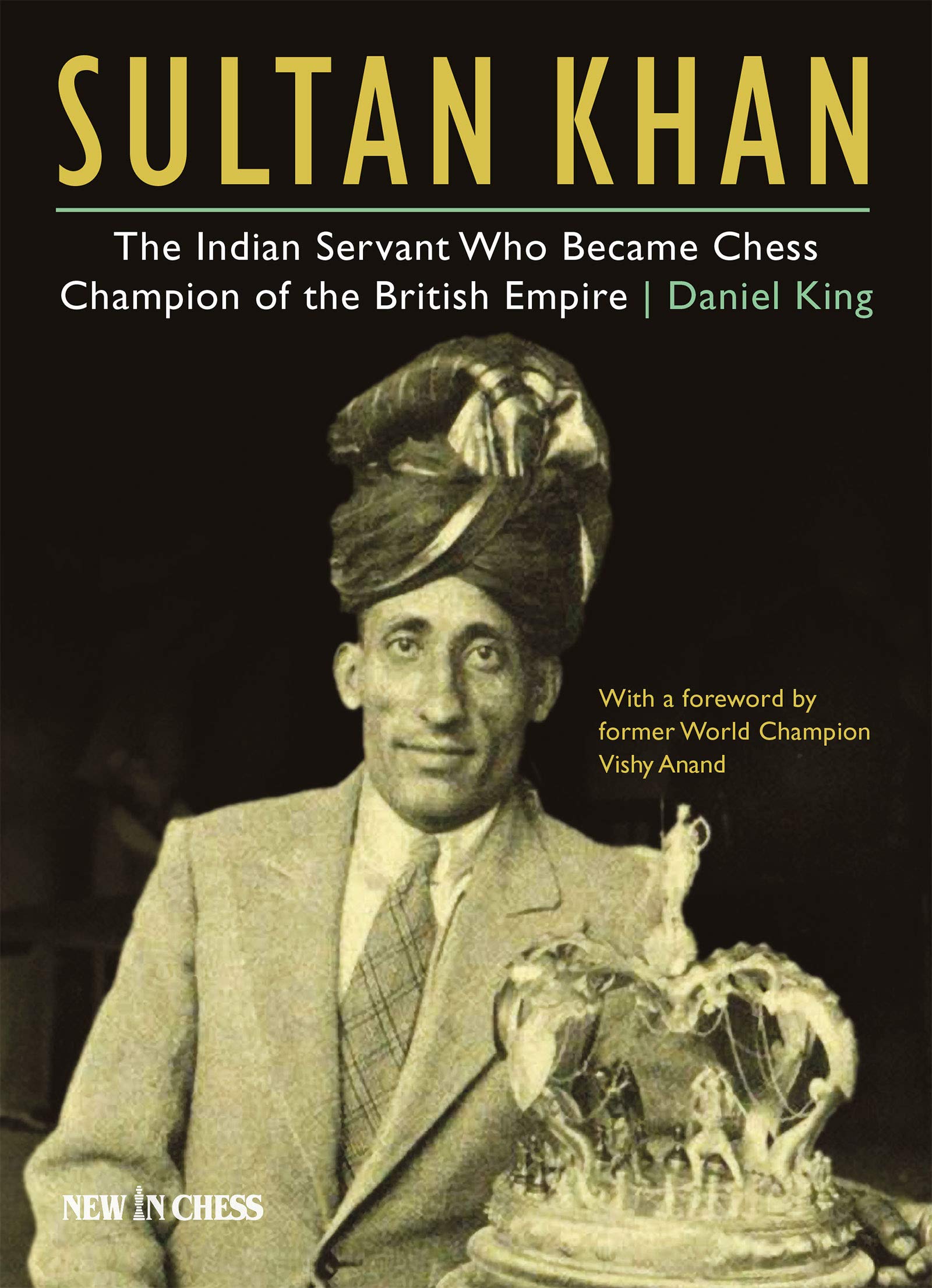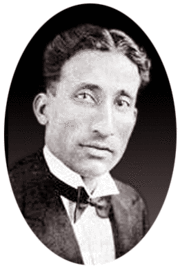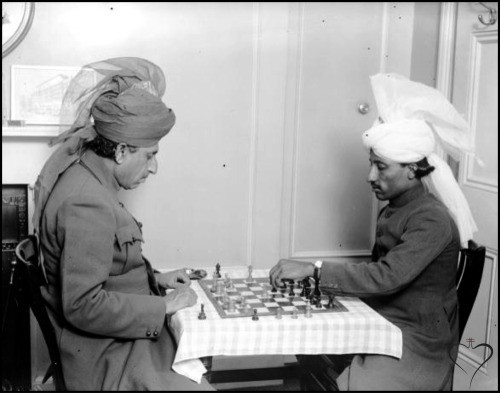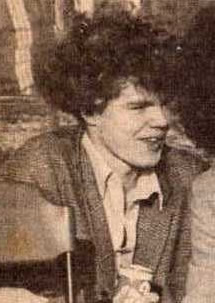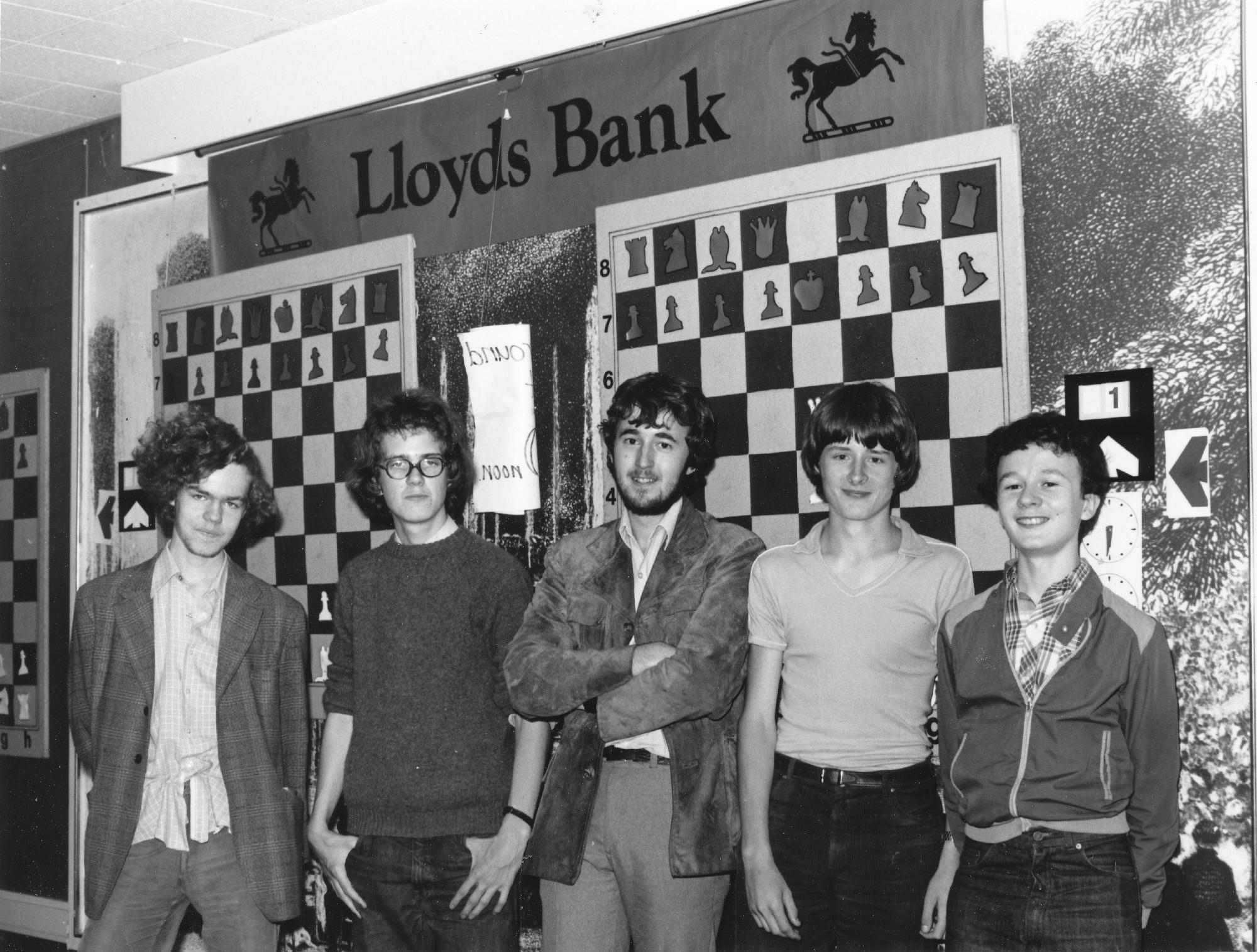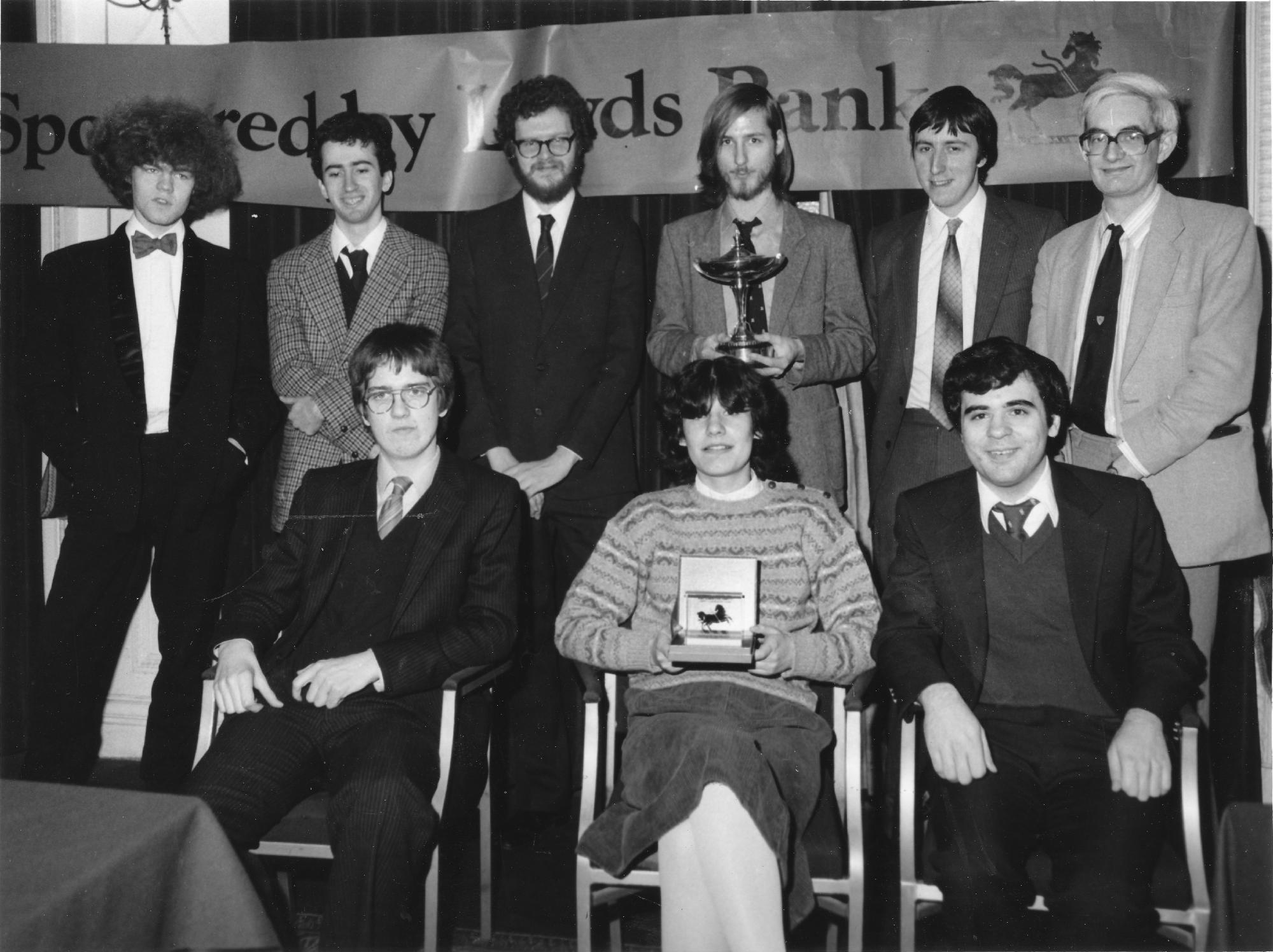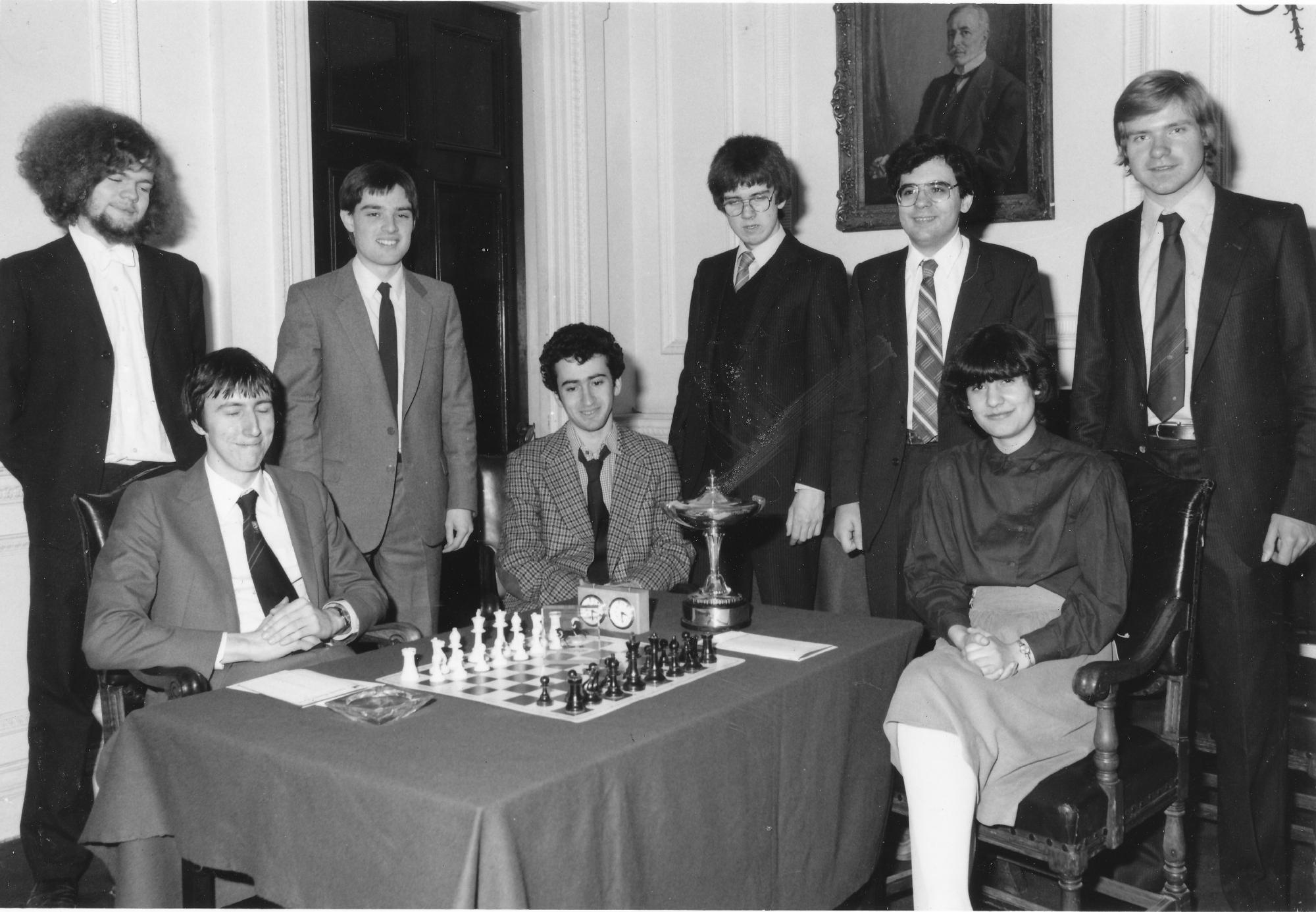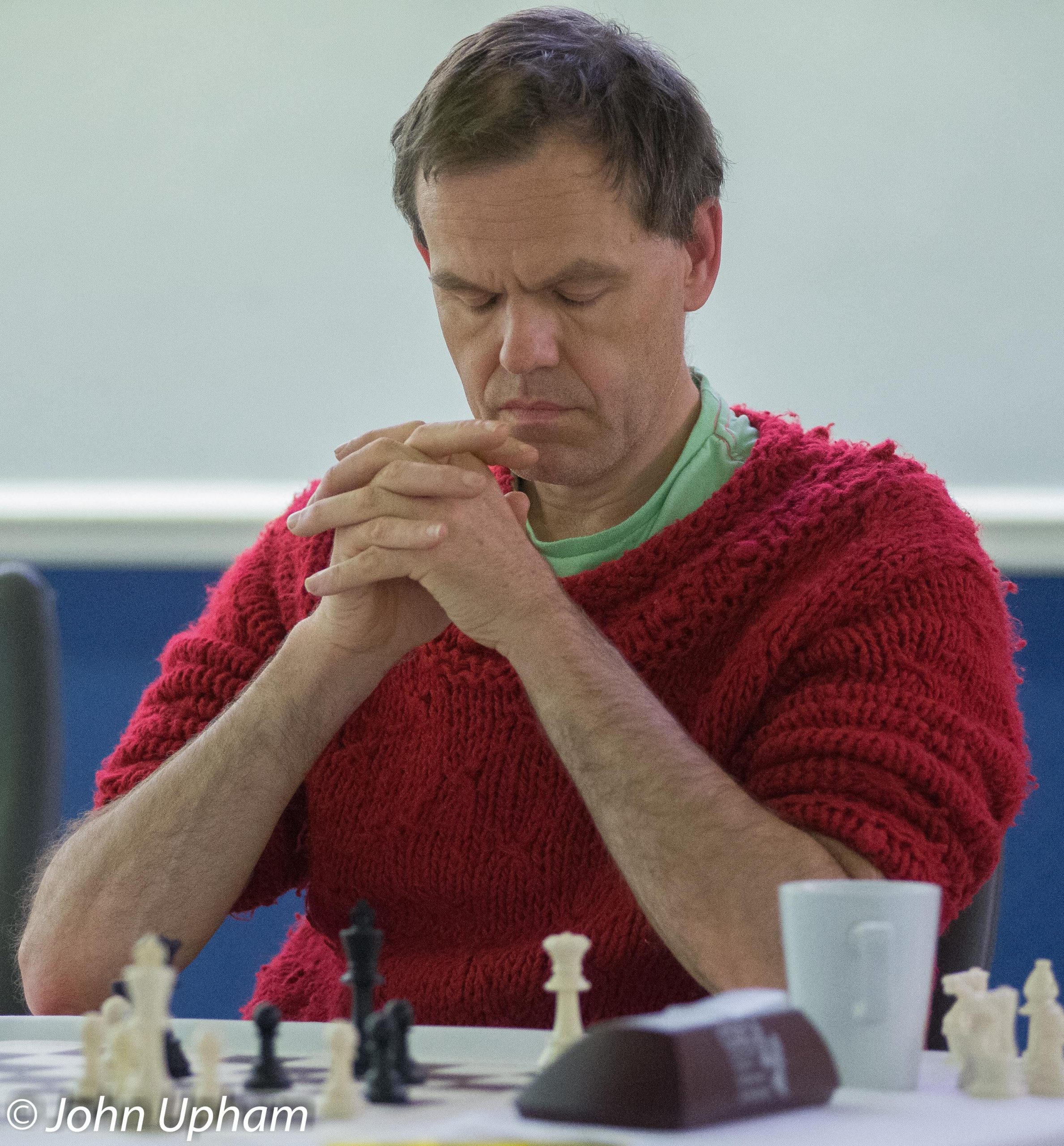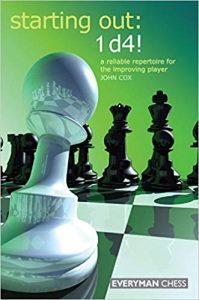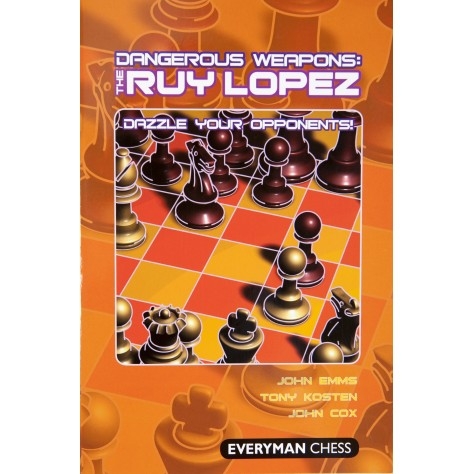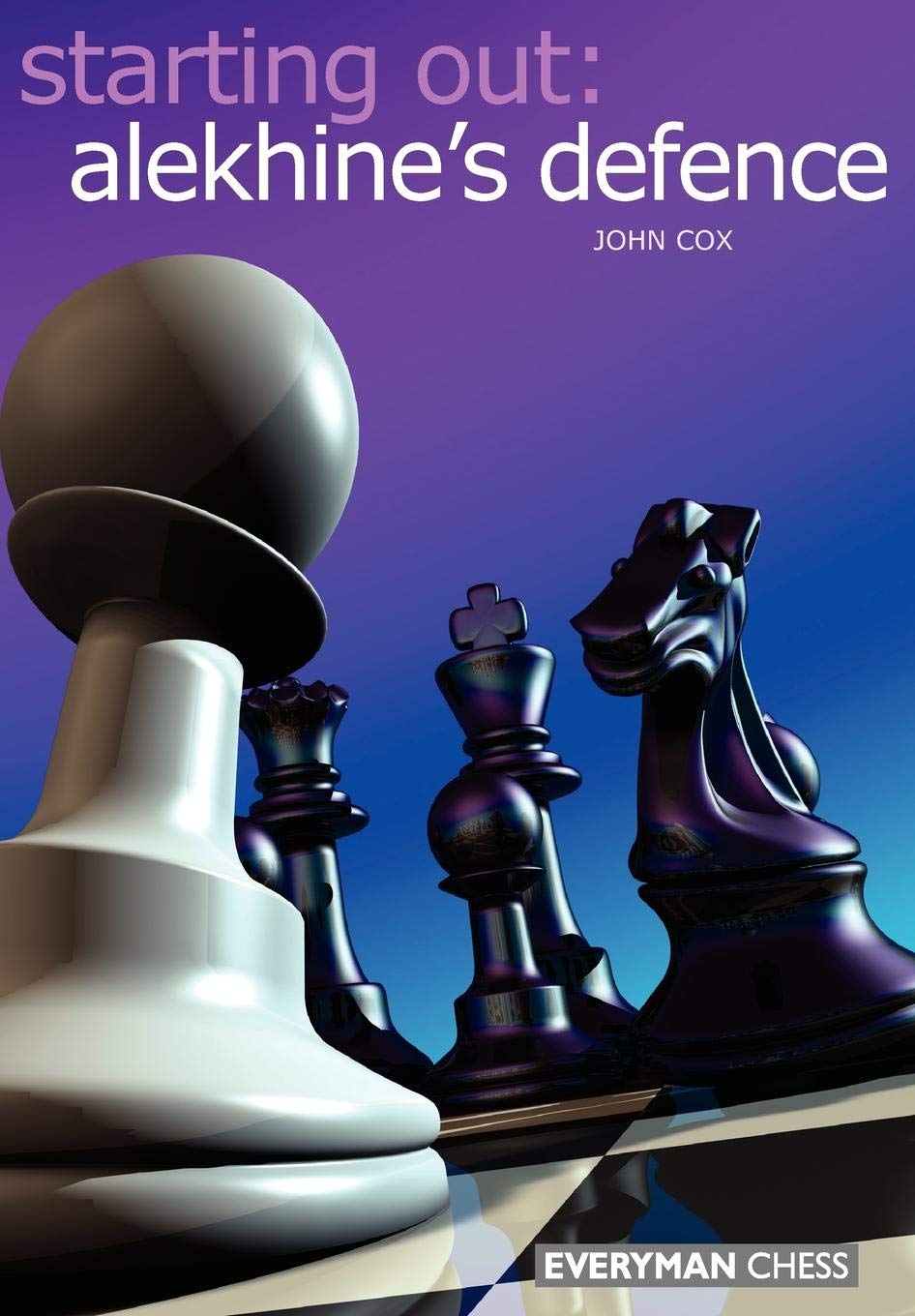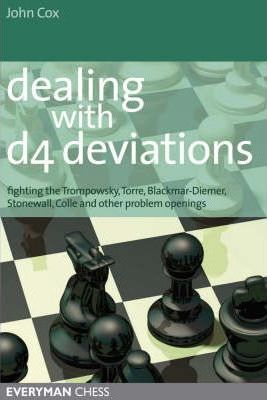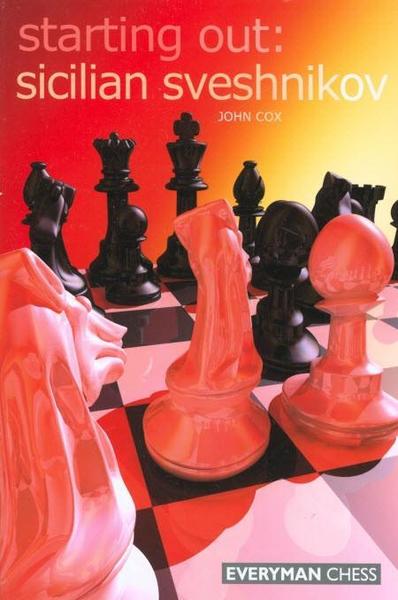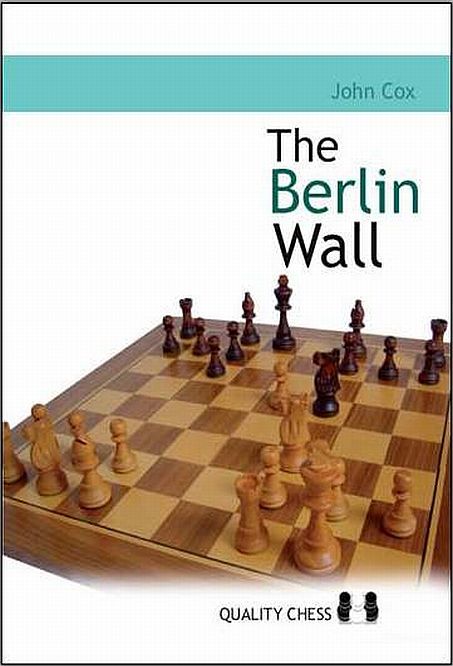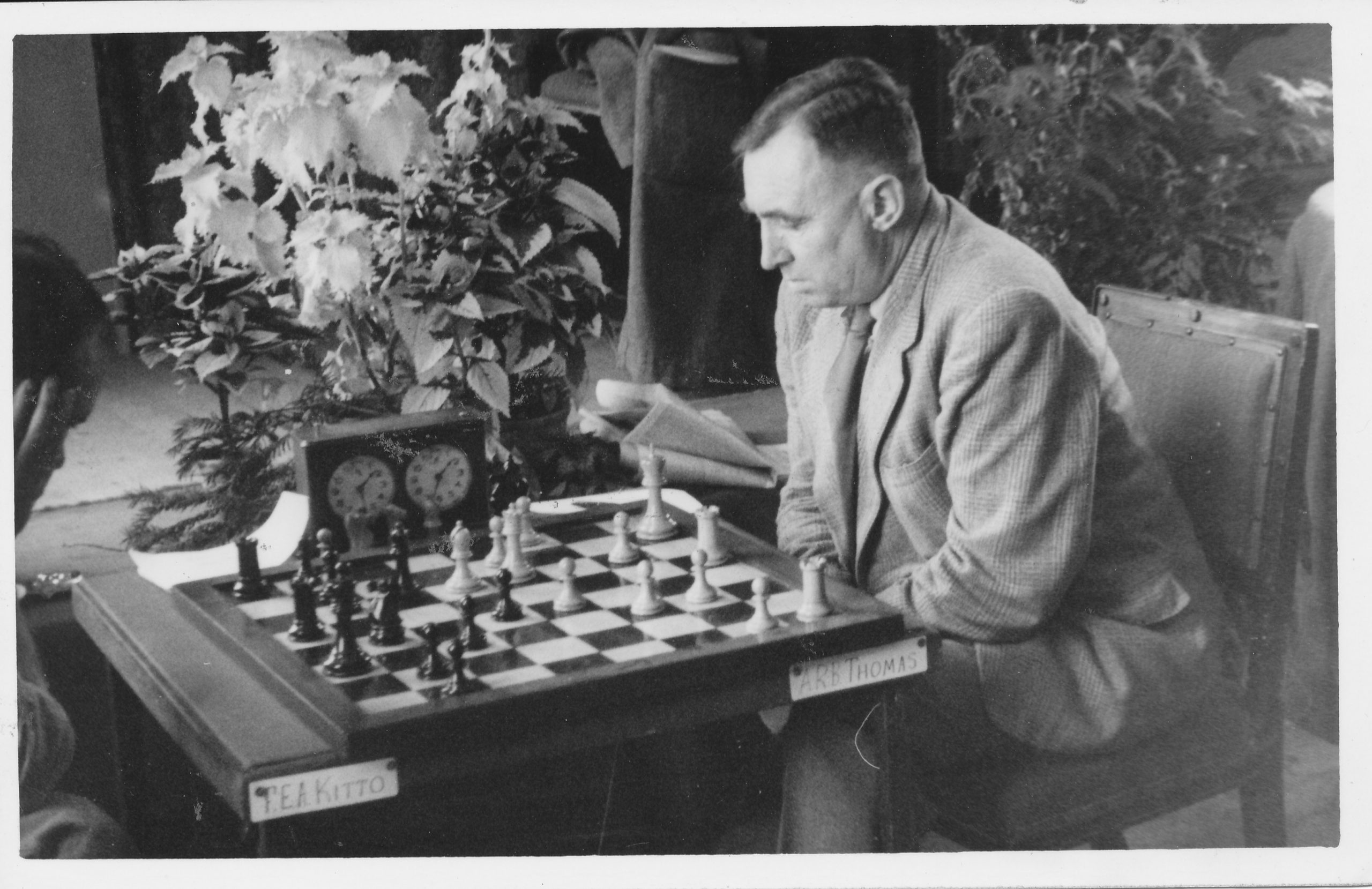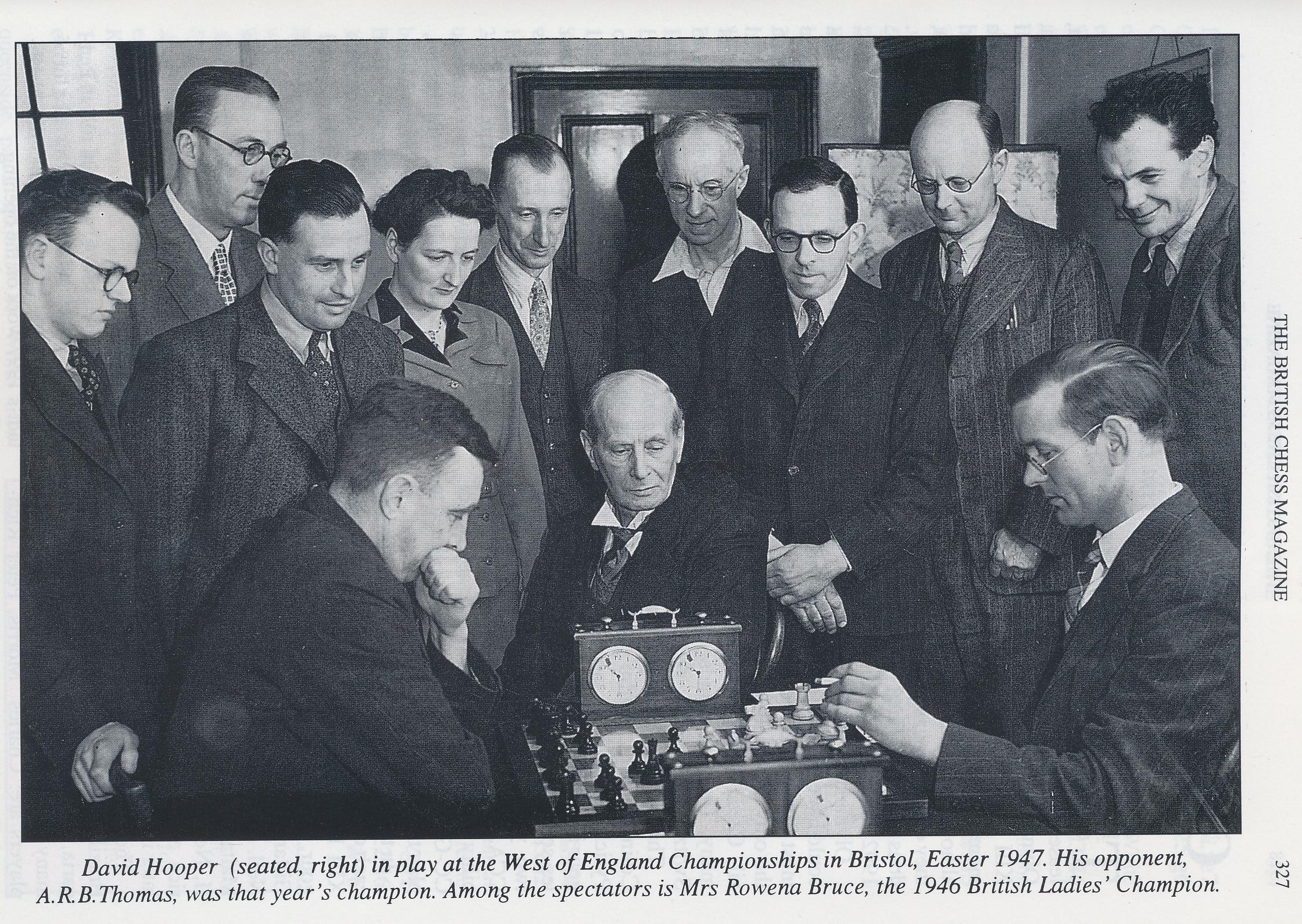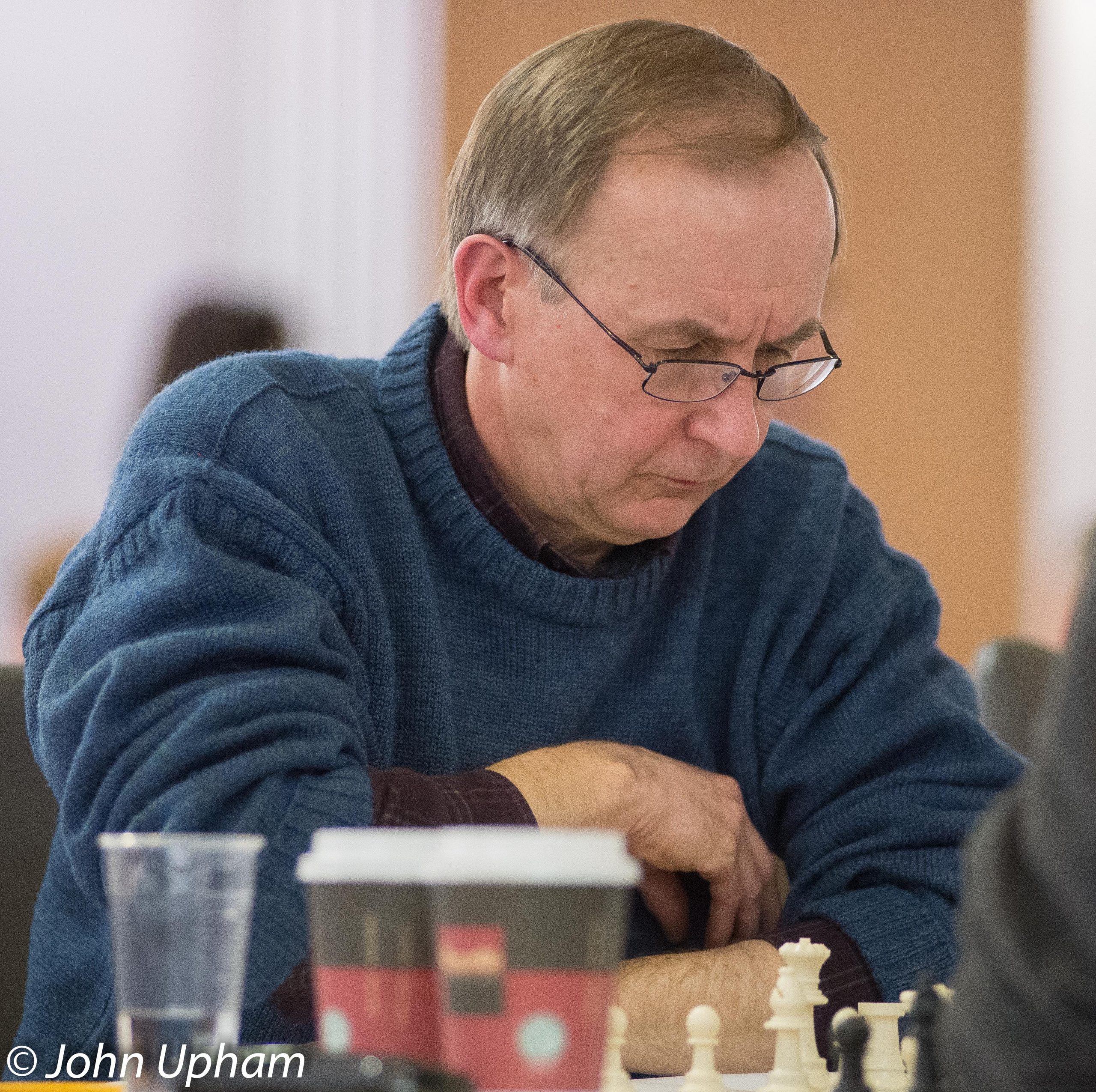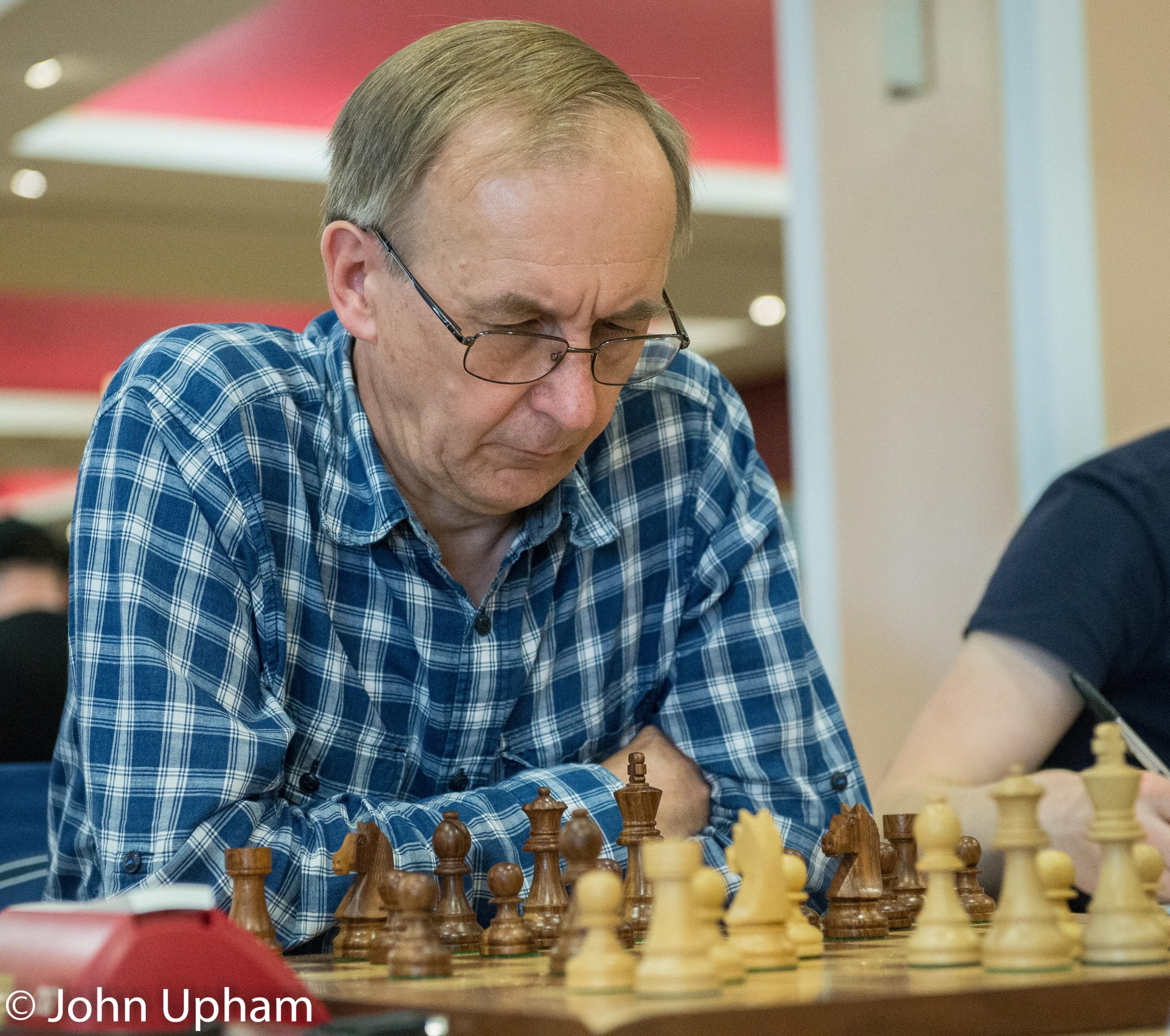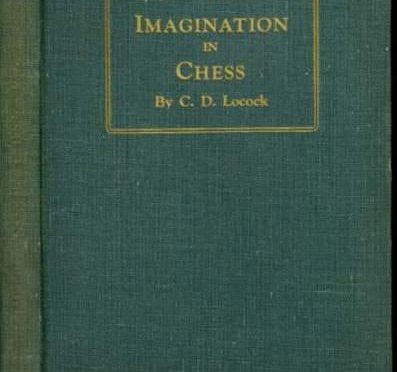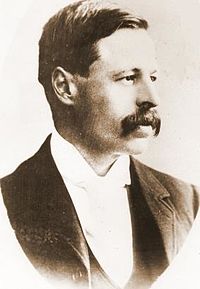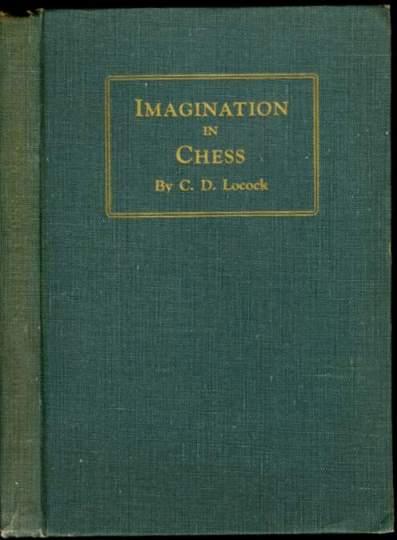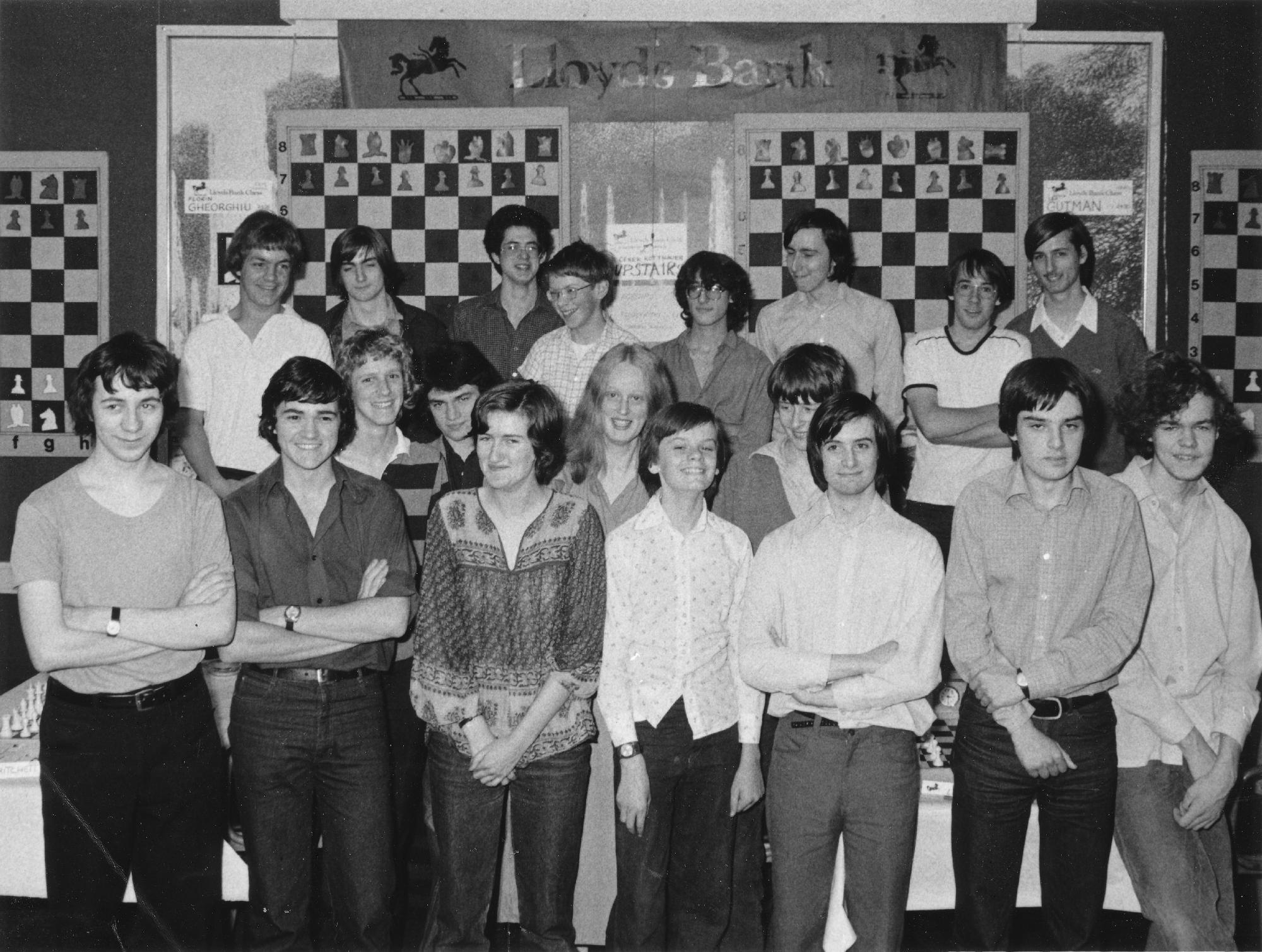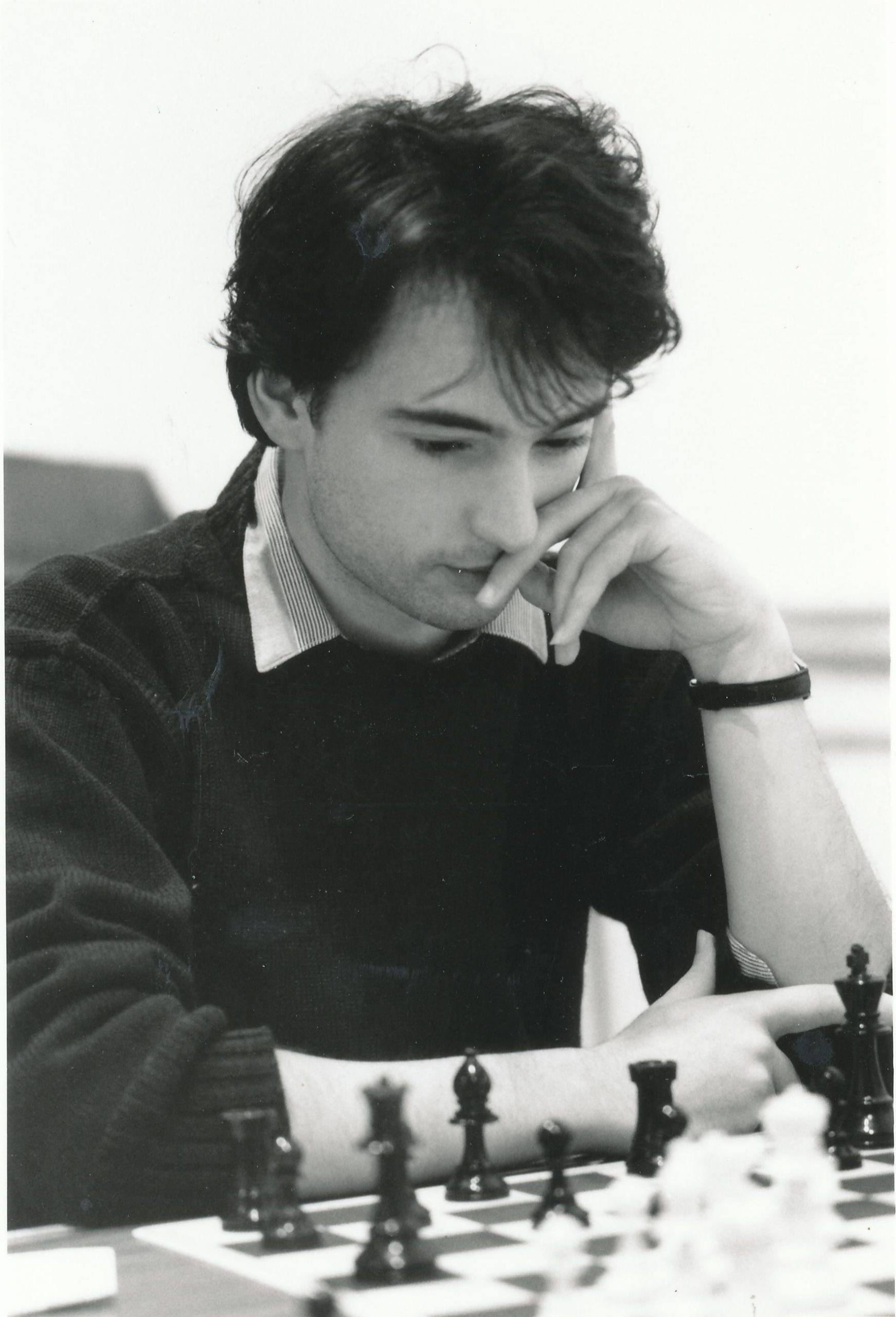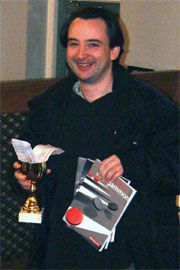We remember Henry Thomas Buckle (24-xi-1821 29-v-1862)
His Wikipedia article is here
An interesting article by Ray Keene
From The Encyclopedia of Chess by Anne Sunnucks :
“One of the leading British players of his day and an eminent historian. Buckle was born in Lee, Kent on 11th November 1821., the son of a shipowner. From birth he was extremely delicate and his health prevented him from having a normal education. He was taken away from school at the age of 14 and three years later went into his father’s business. His father’s death in 1840 made Buckle independent and he gave up his business career and visited the continent for about a year, playing chess in Paris and Berlin. Going abroad again in 1843, Buckle spent most of his time studying languages and within seven years had learned to speak seven languages and to read 12 others.
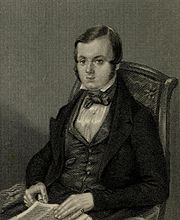
Buckle rarely played chess matches, because of the intense dislike of the slow rate at which they were played in those days. However, he played a match against Kieseritzky in 1848, which he won+4 -3 =1/ After this victory, he realised that his health would not stand up to serious play and he never again attempted it. In 1851, he played a number of games with Anderssen, who considered that he was one of the strongest players he had ever met. Buckle was a regular visitor to “The Divan”, where he delighted in his favourite form of the game, giving heavy odds.
After his match with Lowenthal, Buckle turned his attention to his History of Civilisation. The first section of this work started to appear in 1857 but the major portion was published posthumously.
Buckle died of typhoid fever in Damascus on 29th May 1862.”
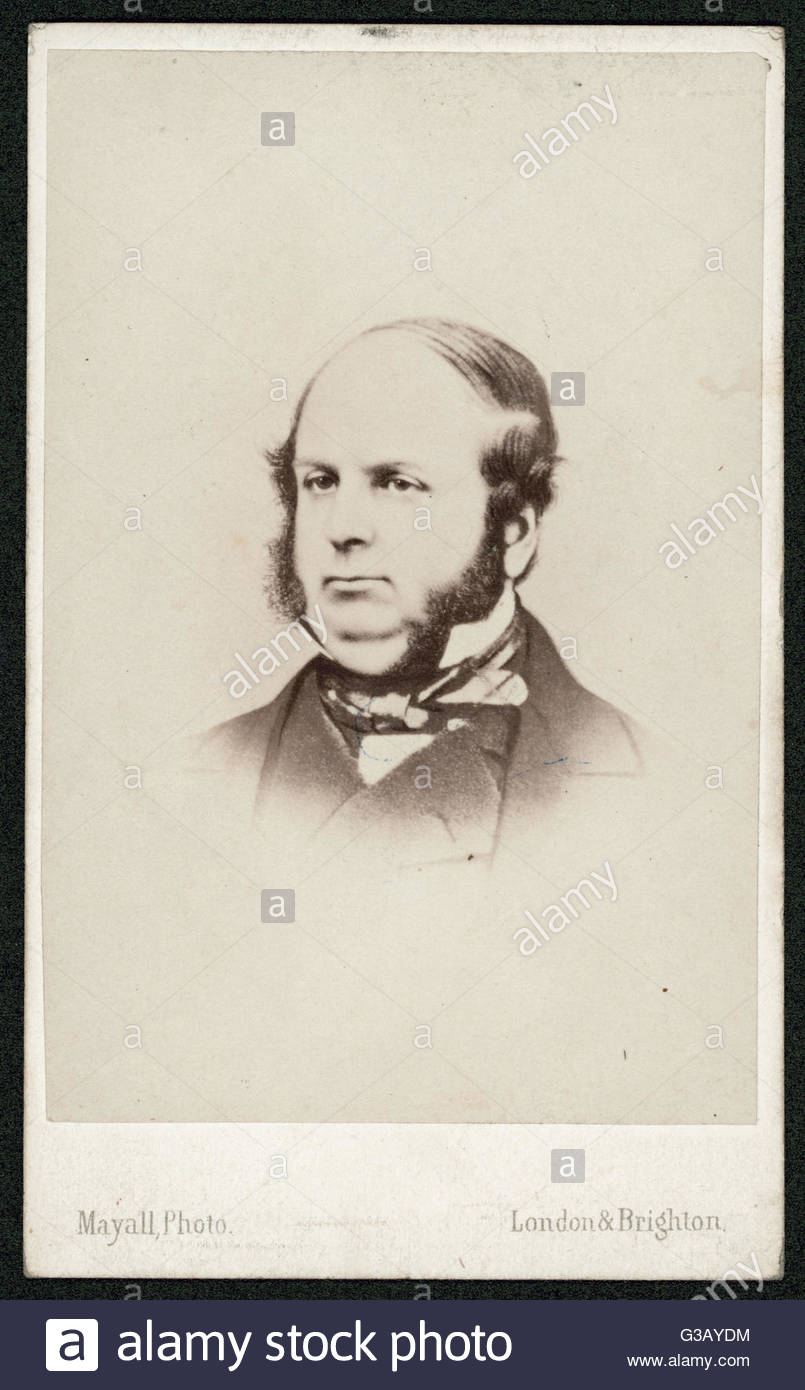
and from The Oxford Companion to Chess by Hooper & Whyld :
“English player, historian. He is usually regarded as second among English players only to Staunton during the 1840s; Steinitz , however, regarded Buckle as the better player. In 1843 Buckle won a match against Staunton, who conceded pawn and move ( + 6=1), and in 1848 he defeated Kieserltzky ( + 3=3—2). He won a knock-out tournament in London 1849, defeating Williams (+2) in the second round. In 1851 Buckle defeated Lowenthal (+4=3 — 1) and held his own in a series of friendly games against Anderssen who declared him to be the strongest player he had ever met.
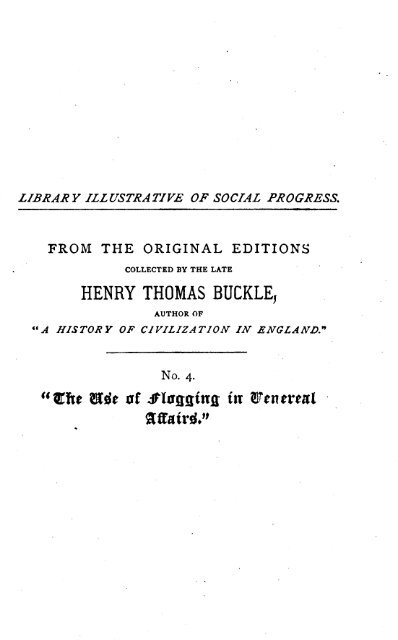
In his youth Buckle suffered ill-health which interfered with his schooling, and on account of which he was often sent abroad to fairer climates. Nevertheless he read widely, successfully educating himself and learning to speak seven languages. His father, a merchant, died in 1840 leaving him an ample fortune. In the 1850s Buckle largely gave up serious chess in favour of literary pursuits and began his great work, for which he is still remembered, A History of Civilization in England, the first two volumes of which were published in 1857 and 1861. At Damascus, on one of his many trips abroad, he contracted a fatal illness, allegedly crying as he died “My book! I haven’t finished my
book.”
